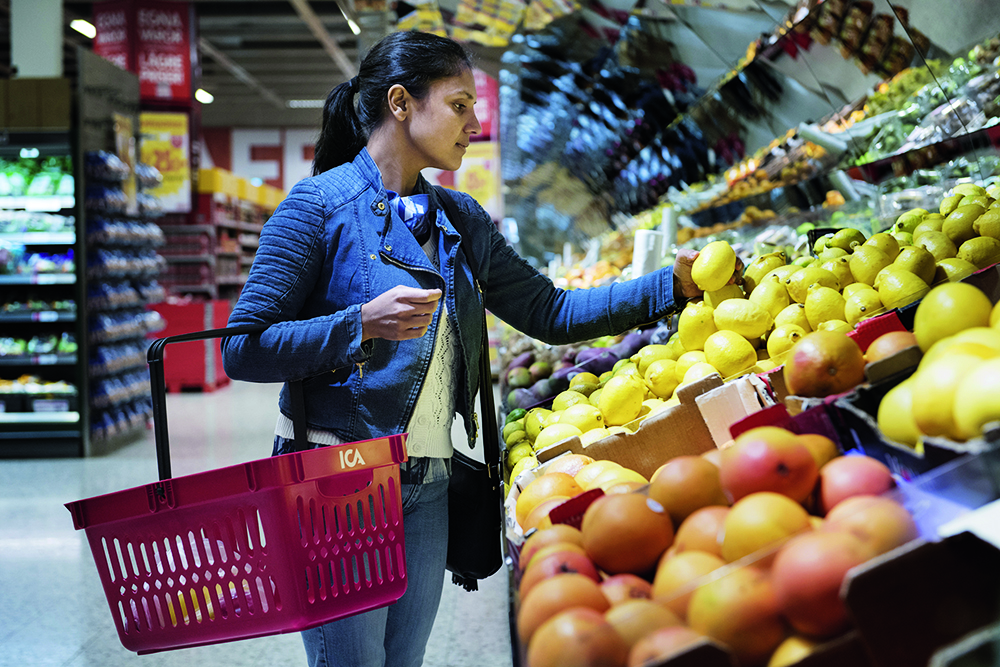Inflation is preventing sustainable behaviour
Kantar’s latest Sustainability Industry Index study shows that, despite all the other challenges happening in the world, the desire to become sustainable has not been eroded, and 97% of people globally are ready to take action to live a more sustainable lifestyle. sustainable. However, there continues to be a significant gap between intention and action, with only 13% of people actively changing their behaviour.
Price, in a context of inflation, is becoming the main obstacle, as consumers feel that products with a positive social/environmental impact have a higher value and therefore hinder mass adoption. In fact, 68% believe that products that are better for the environment and society are more expensive and 65% declare that they want to do more to be more conscious of the planet and the environment, but the increase in the cost of living prevents them from doing it.
As a consequence, the participation of a brand in environmental and social issues will affect the probability of being bought, but it will do so differently depending on the economic situation in which the consumer finds himself. In this way, 4 out of 10 consumers who consider themselves “economically comfortable” declare that they take note of the causes in which brands participate when making purchase decisions, while the figure drops to 2 out of 10 in the case of those who have economic difficulties.
Mónica de Andres, Client Director and Sustainability Expert at Kantar Insights, said:
To become a widespread option, brands must go to market at a price accessible to the majority, since price has become a barrier to sustainable behaviour: 79% of consumers say they want to buy environmentally sustainable products, but that brands will need to make sure they can afford it.
- 57% of consumers feel that it is very difficult to know which products are good or bad ethically or for the environment
- 67% of consumers think that it is the responsibility of companies to try to solve climate change, being, by far, the greatest sustainable responsibility attributed to them. However, there is a large information gap, since, while 61% think that a clear certification that explains the environmental/ethical benefits would influence them to buy them, 57% feel that it is really difficult to know which products are ethically good or bad. or for the environment.
Sustainability is a huge transformational opportunity for business, worth an estimated $12 billion per year by the WBCSD in four key areas. In addition, the Kantar Sustainability BrandZ Index shows how the most sustainable brands increased their value by 31% compared to 2021, ahead of the 100 most valuable brands globally.



